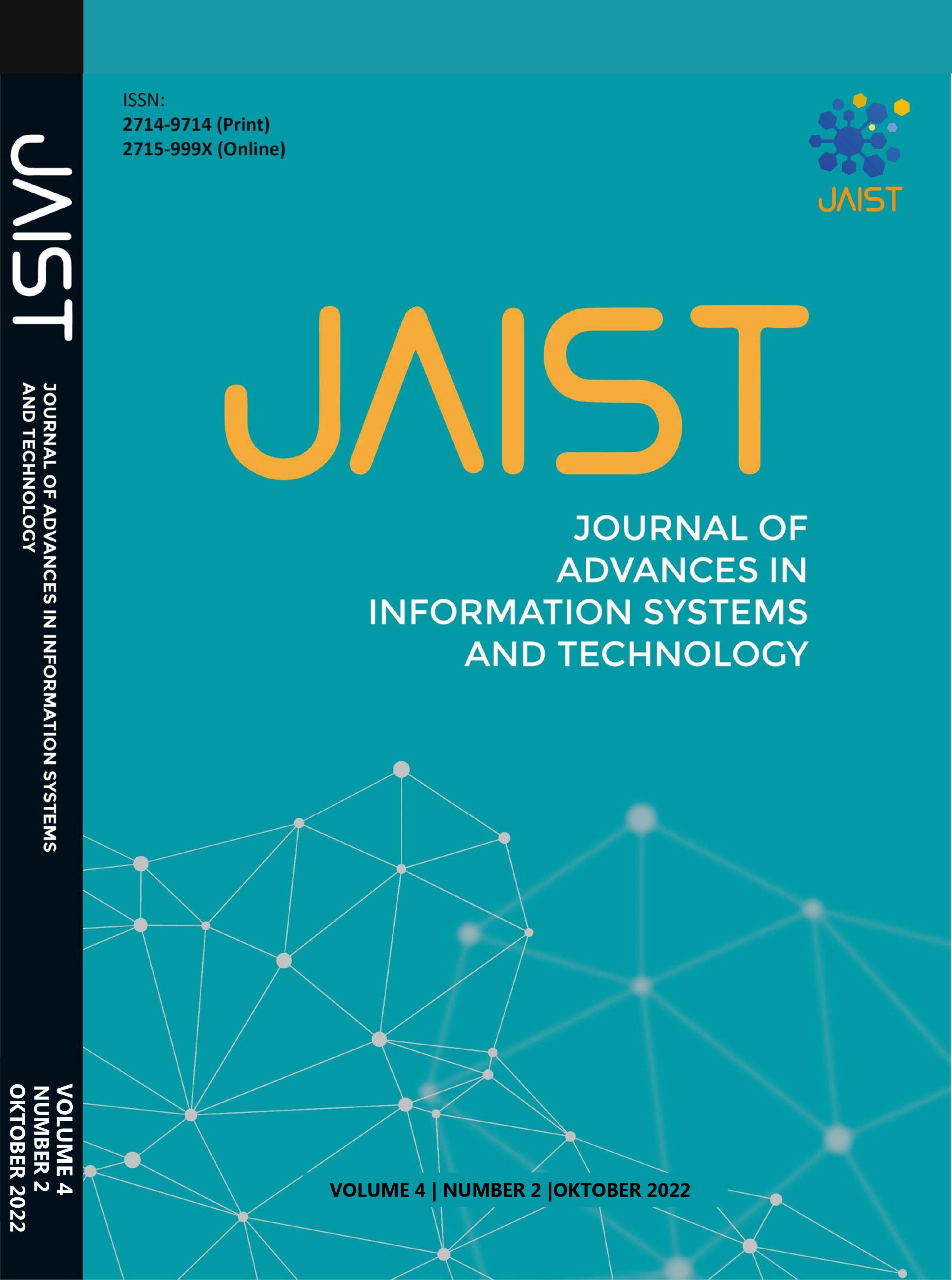Electric Vehicle Routing Problem with Fuzzy Time Windows using Genetic Algorithm and Tabu Search
Abstract
The distribution of goods becomes a very calculated thing in the economic aspect, especially in the case of wide and complex distribution. The greater the range of distribution of goods, the more precise, fast, and accurate calculations are needed. Specifically, the calculation of the distribution required starts from mileage, total travel time, customer satisfaction level based on customer time windows, and operational costs. Vehicle Routing Problem (VRP) is a solution to the problem of distributing goods from the depot to its customers. This study aims to determine the optimal route. The methods used for VRP optimization are the Genetic Algorithm (GA) and Tabu Search (TS) methods. Fuzzy logic is used to provide leeway on the limitations of the time windows parameters, thus providing a time tolerance in the event of early arrival of the vehicle or delay in delivery. Data processing using the GA-TS combination was carried out as many as two types of trials, namely trials with the same dataset ten times and trials with various types of datasets ten times. The results of the first trial fitness value on E-VRPFTW average increased by 14.39% compared to the results of the E-VRPTW fitness value that did not use fuzzy. The results of the second trial also experienced an average increase of 8.49% compared to the results of the E-VRPTW fitness value that did not use fuzzy. Therefore, the addition of fuzzy logic has an effect in determining the optimum route of E-VRPTW.
Copyright (c) 2023 Journal of Advances in Information Systems and Technology

This work is licensed under a Creative Commons Attribution-ShareAlike 4.0 International License.


